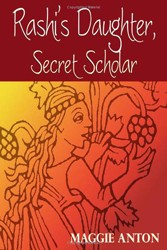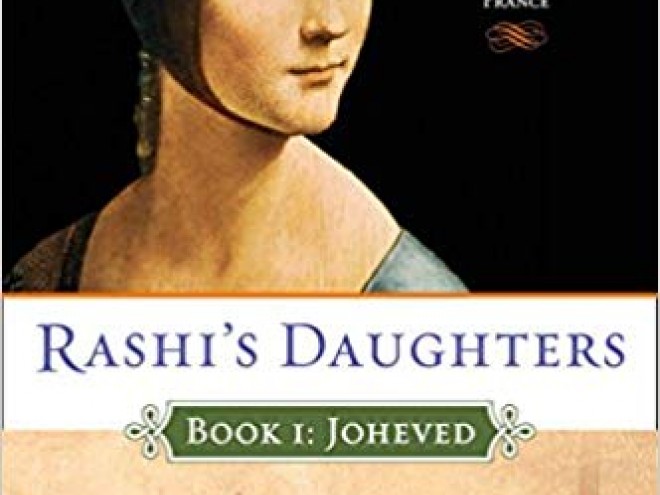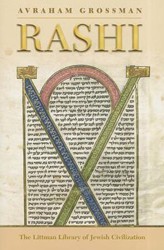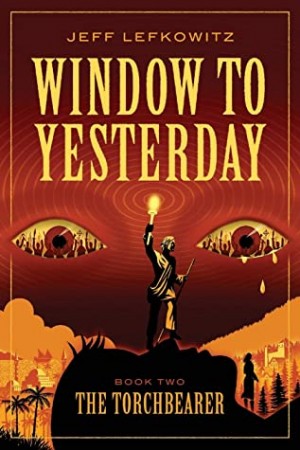“Ever since childhood,” writes Elie Wiesel, “[Rashi] has accompanied me.” In this loving memoir of the supreme medieval scholar Rabbi Shlomo Yitzhaki (Rashi), Wiesel, Nobel laureate, novelist, and descendant of Rashi, searches for Rashi in the few facts — if facts they are — of his life. As a precocious young student, Rashi studied with his uncle and then at the great centers of 11th century European Jewry. He had three daughters, perhaps four, and was a vintner — maybe. He founded a yeshiva in Troyes — when? — thought to be his birthplace, and became its official rabbi.
So to know Rashi, we must know his work, for it is there that we truly meet him. In his commentaries on the Bible and the Talmud, the work for which he is universally revered and immortalized, we see his brilliance, the depth and breadth of his knowledge and curiosity, his rabbinic method and cast of mind, his understanding of the world and the human beings who live in it. In citing passages from Rashi’s commentary on the book of Genesis, Wiesel reveals Rashi’s creativity, his humanity, his likes and his dislikes. God put Adam to sleep when he created Eve from Adam’s rib because he did not want to disgust Adam. Ishmael, Lot, but especially Esau are singled out for scorn. Delving into the midrashic literature, Rashi ascribes horrible acts to Esau, his pawn for Christianity, which he did not attack directly although he lived during a time of great persecutions.
Rashi’s commentaries and responses continually reveal his love for the Jewish people, personified in his unflagging admiration for the patriarchs; his love and compassion for individual people, whom he judges by human, not technical, standards; his modesty, which sometimes leads him to say, simply, he does not know something. His goal was to reveal God’s truth through endless, probing study.
Maron L. Waxman, retired editorial director, special projects, at the American Museum of Natural History, was also an editorial director at HarperCollins and Book-of-the-Month Club.





